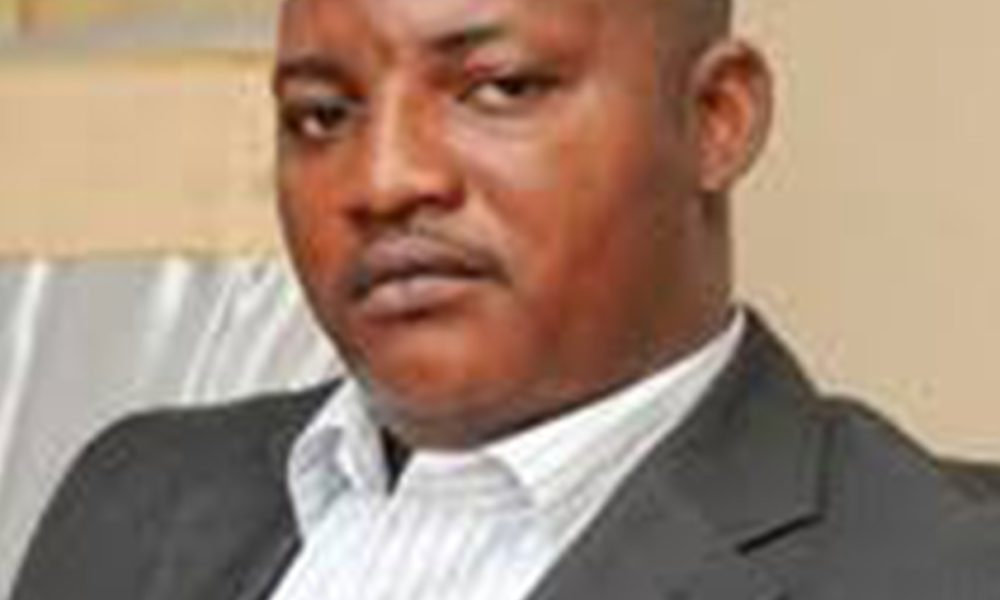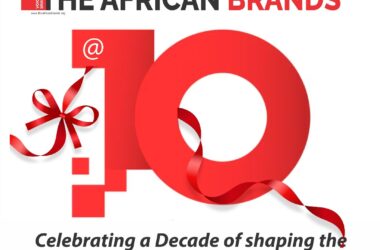The Advertising Regulatory Council of Nigeria (ARCON) recently banned the use of foreign voice-over artists and models in Nigeria.
ARCON Director General Olalekan Fadolapo in a statement said the ban is in line with the Federal Government’s policy to develop local talent and inclusive economic growth for sectors of the country, including advertising.
The pronouncement made by ARCON has continued to general debate among stakeholders both in Nigeria and in abroad. For instance, In statement signed by the Executive Council Advertisers Association of Nigeria (ADVAN), the advertisers sectoral group said that, “It is ADVAN‘s standpoint that the recent ban on foreign models, was not well thought out. It is a poorly researched and ineffective attempt at seeking a solution for sustainable growth in the advertising industry.
According to the statement, “Nigeria, as a country in the global economy, has an expatriate policy which allows for non-Nigerians to be gainfully and legally employed by Nigerian organisations, in adherence to the stipulations of the law.”
“It is a widely known fact that Nigerian model, creatives, and voice-over artists are also beneficiaries of the friendly cross-border work/trade interactions that currently exist. This ban puts a distinct demography of Nigerians of employable age – especially youths who make up the large number of those in this space, at a significant disadvantage with their global counterparts.” the group said.
On his part, Rotimi Olaniyan Marketing Department, Nottingham Business School & Principal, Apex Marketing Advisors UK said, “I am not only sympathetic but fully in support of the ADVAN position on this issue. While I acknowledge that ARCON under the leadership of its vibrant DG has initiated a lot of positive initiatives, the leadership must be counseled to become even more evidence-driven, thoughtful, critical, and contemporary in its thinking, before issuing positions that may not only be tested for regulatory overreach but also be commercially counterproductive and inimical to marketing industry practice and national economic growth.”
According to him, “it is hard to reconcile this ban with current marketing practices in today’s globalized world. Indeed I am not aware of any other country where an advertising regulator has pursued this line of thinking. [I am happy to be corrected] Brand Expression and by extension, brand imagery, tonalities, and equity-building associations that each brand must invest in to be successful are a function of its strategic choices, internal to its dynamic capabilities, and should not be regulated nor nationalized.”
Continuing, the marketing expert posited that, “surely, the regulator must understand that strategic global marketing choices are a trade-off between ethnocentric, polycentric, regional, or indeed global-centric approaches that are invariably influenced by the consumer, scale aspirations, and resource capabilities of the firm.”
“regulatory environments on the other hand are a key analytical determinant that influence which countries are selected for market entry by multinational brands. Making your regulatory environment protectionist might win you national sentiments but in the long run damages, national competitiveness, international reciprocity, and the marketing communications environment is no different. Nigeria with its rapidly growing entertainment and content marketing capability and talent base is already witnessing rapid internationalization. Such a policy could harm the potential of such talents and cultural exports to become influencers in other markets.” He added.
Also speaking on this issue, a top marketing practitioner in Nigeria, Kayode said that, “the ban is that models who are meant to be Nigerian in a commercial should be Nigerian meaning foreign nationals should not act the role of Nigerians in any commercial for the Nigerian market. The ban is also for foreign voice over talents. Which means you can shoot your commercials abroad but the voice over artiste must be a Nigerian. The objective of the initiative is to boost local content and to help create jobs for Nigerians.”
He said, I support ARCON completely on this and we should be pulling our weight of support behind them, noting that, ARCON is saddled with regulating the advertising industry and they believe in this instrument which they have deployed.
According to him, “I was in advertising for a while and we know why agencies and client go abroad to shoot and dump on us. You find voice overs that are nauseating to the ears in their pronunciation of even the brand name. It’s not acceptable even from a consumer standpoint. So when everything goes back abroad, what is your investment in the Media in Nigeria. Other countries take steps to protect their market too. Do we see Coca Cola adverts in China and even India with foreign voices or models? If you value our market that much, invest in the talents therein and not shoot and dump.”









